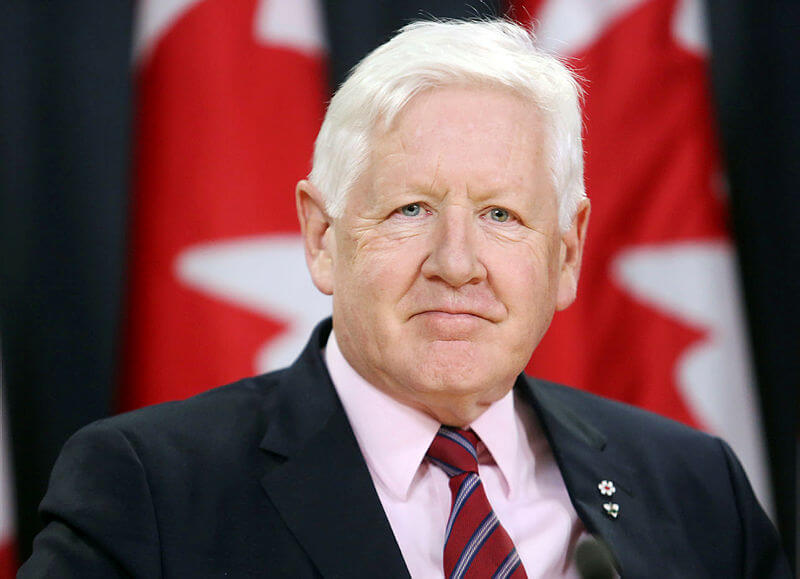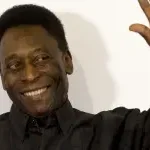Canada’s sanctions regimes will not stop with certain individuals involved in organized crime, corruption or drug trafficking in Haiti. It will continue. This is at least what the Canadian ambassador to the United Nations suggested this Friday, December 16, 2022, in an exclusive interview with ZoomHaitiNews and CaribeanTelevisionNetwork.
Reacting on the application by drop of the sanctions taken by the Canadian government followed by the United States of America against Haitian politicians and businessmen, the diplomat replied that it is a detailed exercise. It takes time and it is normal to apply sanctions in this way,” the ambassador said.
We have to put names on the list that we can justify, it’s not something that has an impact in one day, but it has to have an impact in the long term,” continued the Canadian representative to the UN, placing the responsibility on the Haitian authorities to follow up on any legal proceedings they might take.
While it is true that most politicians and businessmen sanctioned for being in cahoots with gangs, accused of drug trafficking and corruption, claim innocence as a result of the restrictions placed on them, Ambassador Rae points out that international sanctions regimes are about a legal process. There has to be a legal process in response, so to speak, if the alleged criminals and/or drug dealers really want to respond.
Adding that the Canadian-American measures have nothing to do with political sanctions, the diplomat said that those involved must respond through a legal process, although according to him, it was necessary to find solid evidence from which the government of his country was able to decide on sanctions to help Haiti deal with the large-scale banditry that is taking place in the country and which is taking on unimaginable proportions, thanks to the complicity of politicians and businessmen.
What will happen next, asked Emmanuel Paul to Ambassador Bob Rae? Ambassador Bob Rae replied that the sanctions regimes are issued in consideration of specific Canadian laws.
The Canadian representative to the UN said that the Security Council is working on the specifics of how to respond to international sanctions, which he said are justified by the fact that crime and corruption can no longer be tolerated. It is therefore necessary to take action against this.
It is up to the Haitian government to decide whether or not to follow up on the sanctions. Observers may ask, but which Haitian government? Ariel Henry’s?







